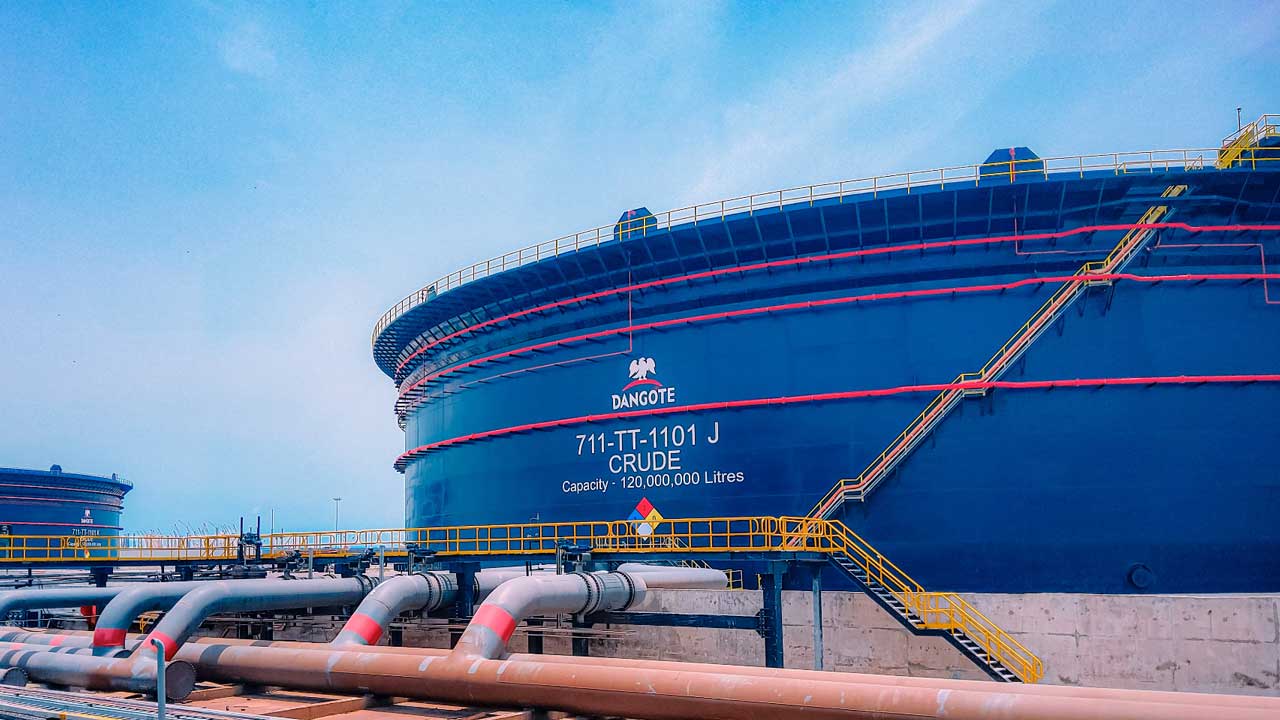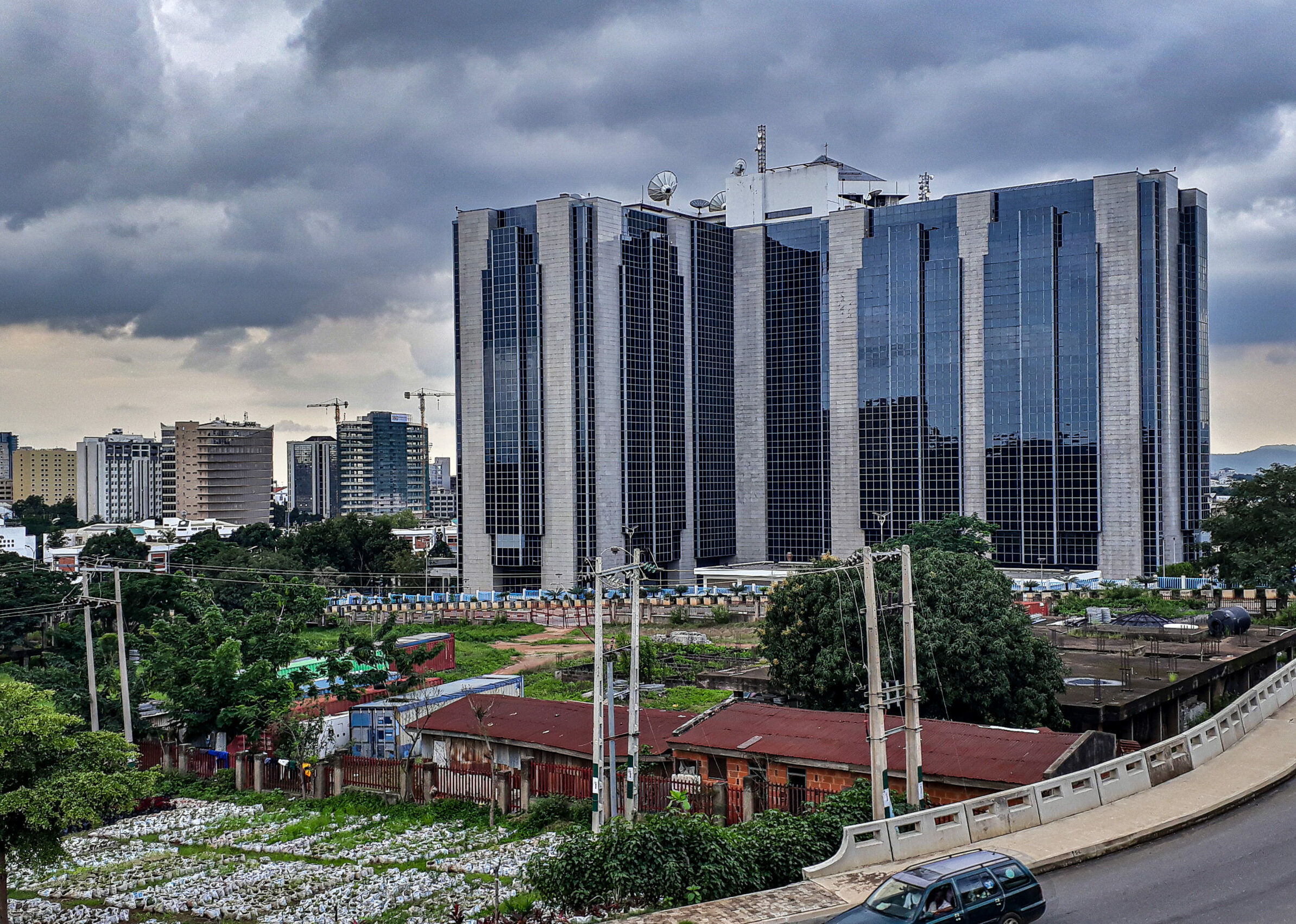According to the source, the military’s move suggests an attempt to pin the alleged missing funds on Amina’s relatives despite no evidence linking them to any wrongdoing. ArticlesRead More
Forum of PDP State Chairmen Congratulates Turaki, NWC
Forum of PDP State Chairmen Congratulates Turaki, NWC
The Forum of State Chairmen of the Peoples Democratic Party has congratulated Alhaji Kabiru Turaki on his recent election as the new National Chairman of the PDP.
In a congratulatory message, dated November 23, and endorsed by the Chairman of the Forum, Tony Aziegbemi, who is also the Chairman of the Edo State Chapter of the party, alongside 25 other state chapter chairmen, the Forum observed that the emergence of Turaki as leader of the 20-man National Working Committee, is a resounding affirmation of his long-standing integrity, capacity, and dedication to the service of party and country.
“We are confident that under your distinguished leadership, the Peoples Democratic Party will continue to advance its mission of rescuing and rebuilding Nigeria,” the Forum acknowledged the leadership roles of PDP state governors.
The Forum also “convey profound appreciation to His Excellency, Engr. Seyi Makinde, Governor of Oyo State, for the seamless, well organised, and successful hosting of the elective National Convention.”
While appreciating the sterling leadership qualities displayed by the Chairman of the Governors’ forum and Governor of Bauchi State, Bala Mohammed, it applauded “the Chairman of the NCOC and Governor of Adamawa State, Amadu Fintiri, and the Governor of Plateau State, Caleb Mufwang.
It also appreciated Zamfara State Governor, Dauda Lawal and that of Osun, Ademola Adeleke.
The Forum acknowledged and applauded the unwavering commitment of other critical organs of the PDP, adding, “In the face of calculated pressures, orchestrated hostilities, and callous institutional oppressions, we reaffirm our unshakeable resolve to soldier on in defence of the enduring ideals of the Peoples Democratic Party.”
In another development, PDP members, writing under the aegis of Concerned PDP Members of Imo State from Imo State have also congratulated the newly elected Turaki-led National Working Committee.
In a congratulatory message, dated November 24, and endorsed by 60 party faithful from across various local government areas, they said, “It is with great pleasure that we concerned members of our great Party in Imo State extend our warmest congratulations on your well-deserved election to the pinnacle of our Party as our National Chairman.”
They added that, “We wish to express our happiness with all the decisions that came out of our convention in Ibadan which we believed will go a long way to reinvigorate our Party, make it a strong and virile organization that will ensure it recover lost political ground as a result of inflicted indiscipline and inability to play by the rules.”
The new National Working Committee of PDP emerged during the National Elective Convention of the party held in Ibadan, the Oyo State capital from Saturday, 15 to Sunday, 16 November 2025.
The Forum of State Chairmen of the Peoples Democratic Party has congratulated Alhaji Kabiru Turaki on his recent election as the new National Chairman of the PDP. In a congratulatory
Read more



